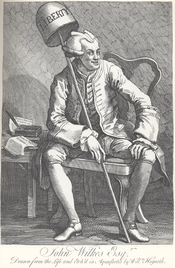The case of Florida v Meyers stated that to have a reason to conduct a warrantless search of the car that was stopped- there had to probable cause to believe that there is evidence of a crime, and it does not cease to exist once the car had been seized.
Meyers was being charged sexual battery. The police had pulled over Meyers, while arresting him from his car. The police officers searched his vehicle and found several incrementing items. The police officers seized Meyers's vehicle and he was arrested and taken to the police station. About eight hours after the vehicle was impounded, a police officer searched the vehicle again. During the second time the vehicle was searched, a warrant was not obtained and more evidence was retrieved.
The Florida court deprived Meyers the motion to suppress the evidence that recovered during the second search. Meyers was convicted. The Florida District Court of Appeals reversed the Florida court decision.
The Florida District Court of Appeals stated that even though Meyers agreed to the first search of his vehicle, the second search did violate the Fourth Amendment. The reason it violated the Fourth Amendment was because the vehicle had been impounded and it removed the element of mobility.
I think the police were justified in searching the vehicle a second time. If the suspect is arrested while in the vehicle, it should be searched. After the vehicle is impounded, the police should be able to search the vehicle again. While the vehicle is in the police's possession, the police officers should have the right to search the vehicle as many times as they chose too. Now I know some people would not agree. The search should have some limits. For example no tearing the vehicle apart and making sure the search...
![[Chief Meyers, New York, NL (baseball)] (LOC)](https://s.writework.com/uploads/18/182940/chief-meyers-new-york-nl-baseball-loc-thumb.jpg)

